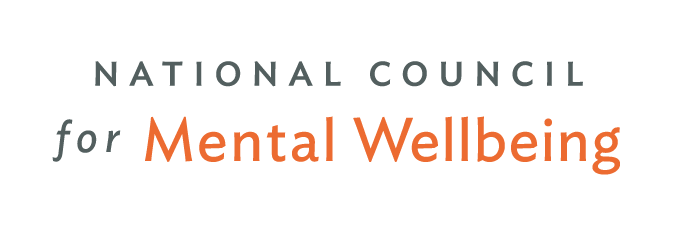As national recognition of the need for a better mental health care system in America grows, states are the front line for implementing reforms. The reforms taking place involve multiple agencies, numerous income streams, and require an entirely new way of approaching and treating individuals who are living with behavioral health issues. Yet such reform efforts are hampered by a range of financial, political, economic and cultural obstacles. These barriers can limit opportunities for cross-system collaboration, highlighting the need to break down policy silos and engage in discussions based on collaboration and data.
Why BHECON?
The Behavioral Health + Economics Network (BHECON) unites stakeholders to examine and advance advocacy efforts that strengthen states’ behavioral health delivery systems. Led by the National Council for Mental Wellbeing along with its state partners, BHECON participants include individuals and organizations recognized for their commitment to improving the lives of people living with serious mental illness, and stakeholders from the behavioral health, criminal justice, and public safety sectors. BHECON also maintains the Research Hub, a central repository for health economic data and research on the total costs of untreated mental illness, along with other important topics related to access to care.
BHECON activities are taking place in 5 states
Why Now?
More than ever, we are seeing that a lack of investment in a strong behavioral health safety net hurts communities and individuals in need. Community-based mental health and addiction treatment has been chronically underfunded, resulting in similar challenges across BHECON states. These include a lack of access to behavioral health services, continuing workforce shortages, and providing services through pricier and less effective means like jails, prisons and emergency rooms. By addressing these issues, BHECON states are leading the transformation of the behavioral health system by leveraging sound health economic data and engaging stakeholders to support needed policy change.



